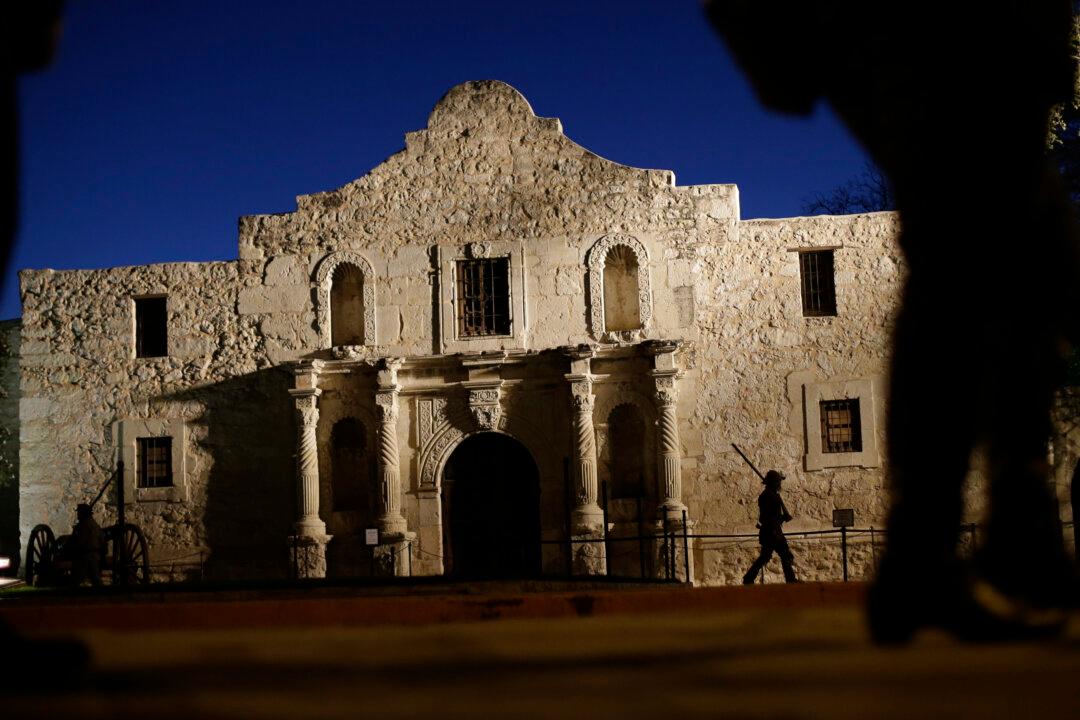Commentary
History isn’t clean. We like its lines well defined and its stories in 20-second soundbites, but history is never that way. It’s messy. When it doesn’t fit the woke agenda, the prevaricators and provocateurs take license to just make things up, often swaying great numbers of people.
